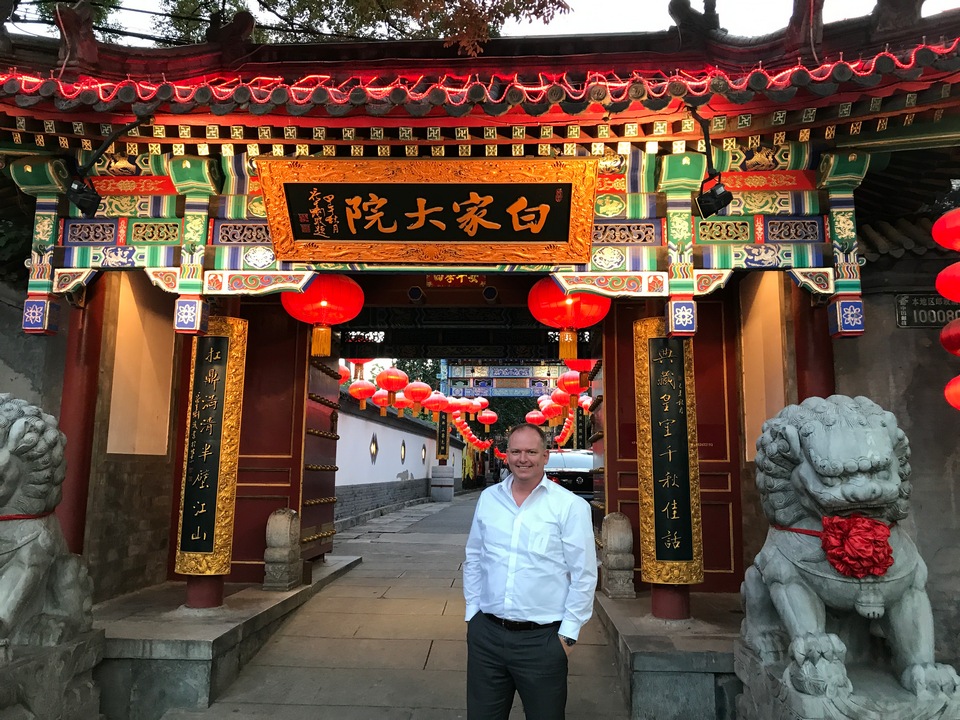TFT1957 Interviews Johan Lieffers, Managing Director of Datavideo.
– Could you share when and where you were born, as well as your parents’ occupations?
I am Dutch, born in the coastal town of Katwijk aan Zee in Holland on June 7, 1973. It wasn’t close to where our family originally came from, but my dad was a marine at the time and worked as an aircraft mechanic, stationed there for the Ministry of Defense. My mom and dad decided to live there, which is why I was born in that area. My mom wasn’t employed; she was a homemaker. When I was six weeks old, we moved to a place in Holland near Eindhoven, which is where my two sisters were born. It was a quieter area, and I’ve stayed in the surrounding region ever since.
We are a close-knit family and still live near one another. My youngest sister works in healthcare, while my other sister teaches at a dance academy. My dad is still with us, but we sadly lost our mom to cancer in 2010.
From a young age, everything around me revolved around technical stuff
– How would you describe your personality and activities during your school years?
I think I was a typical youngster with a strong interest in anything electronic. Socializing was more important to me than attending class. School felt like a necessary evil, and hobbies were my priority. I always had a side job and stayed busy. I knew early on that I wanted to work in the electronics field, so unlike some of my classmates, I had already found a sense of direction.
– What were your favorite subjects in school?
Honestly, I was more interested in freedom and spending time with my friends than in school. I have to admit that academics weren’t really my thing. I was easily distracted and curious about so many other things. I wasn’t the kind of kid who could sit quietly at a desk for long. I was always drawn to different activities and exploring new interests.
– When did you first develop an interest in technology?
That would be thanks to my dad. As I mentioned, he was an aircraft mechanic before becoming a car and truck mechanic. At the time, there weren’t many job opportunities for aircraft mechanics anymore. If he had wanted to continue in that field, we would have had to immigrate to Curaçao, but my mom didn’t want to move. So, my dad switched back to being a car mechanic.
We had a garage at home where he would repair cars for friends and others in the community to earn extra money. I was always there with him, using spanners and tools. I loved it. From a young age, everything around me revolved around technical stuff.
From Electronics Studies to Entrepreneurship: A Journey Beyond School
– Which university did you choose for your higher education, and what motivated your decision?
In high school, I studied electronics, but I always had a strong desire to do anything but school. That’s also why it took me some time to finish. When I did finish, I did so with good results and even obtained a business license to start my own company—but that never happened. In hindsight, it was a good time, but I was eager to leave books behind and jump into the working world.
From Technician to Sales: A Career Journey in AV and Broadcast Industry
– What did you do after graduation? What was the next step in your life?
I started working at MGM Video in 1993. At the time, it was a company involved in both AV and broadcast work. During my traineeship, I connected with a company called MGM Video, which was a dealer and integrator. I spent six months in their service and engineering department and enjoyed it immensely. They liked my work and even offered me a job, but I couldn’t take it immediately because I still had to finish school and complete military service.
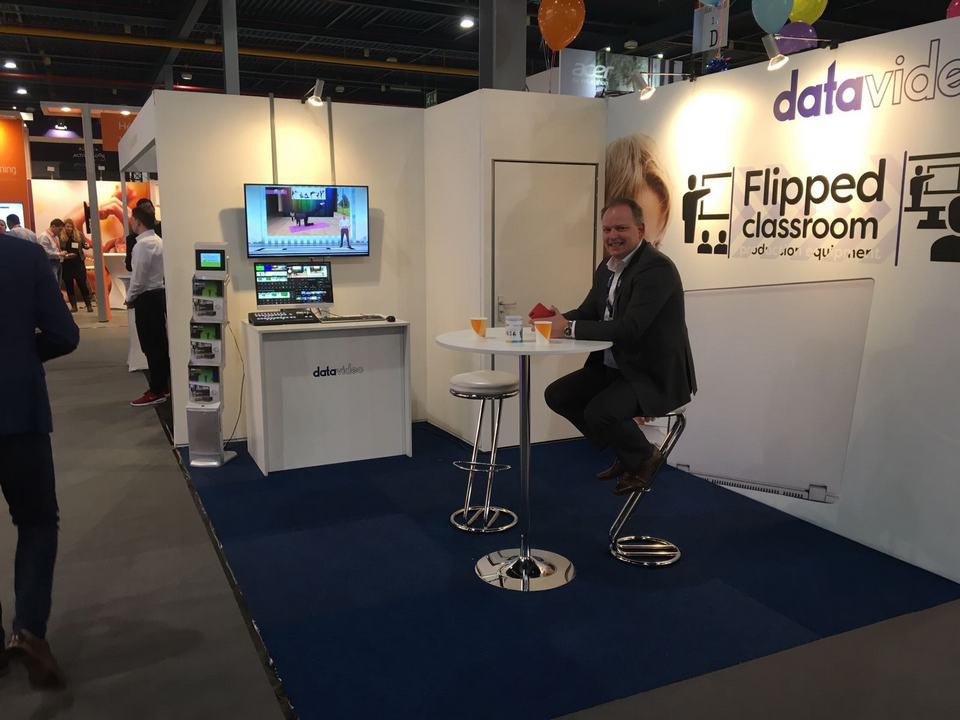
Once I finished school, I was fortunate to know an early retiree who helped me resolve the military service requirement, which allowed me to start my first job at MGM Video. Back then, the company had only 16 employees, and I started in 1993. The team was very young, with an average age of about 26, and everyone had a strong work ethic. We often worked overtime without complaints and grew the company to 85 employees within seven years.
I found the business side of television fascinating and dedicated myself to learning everything I could
By then, I had transitioned into sales, realizing it was my true passion. In the meantime, I built up a lot of knowledge and skills. As I hold an electronics degree, I initially worked as a technician by training. However, I found the business side of television fascinating and dedicated myself to learning everything I could. Over eight years, I gained extensive experience, moving from engineering to sales, which aligned more closely with my interests.
Later, I moved on to a company that operated at a much higher level in the broadcast industry. That marked my journey from AV and professional video into high-level broadcast and systems integration.
– In the Netherlands, students typically graduate high school at 18, but you started your career at 21. What happened during those three years?
I was held back for two years.
– How did this experience shape your perspective?
Well, I always worked while I was in school. Ironically, I was earning more money during school than in my first working years, which was disappointing but also motivating. I’ve never been particularly fond of school—it felt boring to me. I was more interested in observing how people interact, how groups form, and the dynamics of timing and decision-making.
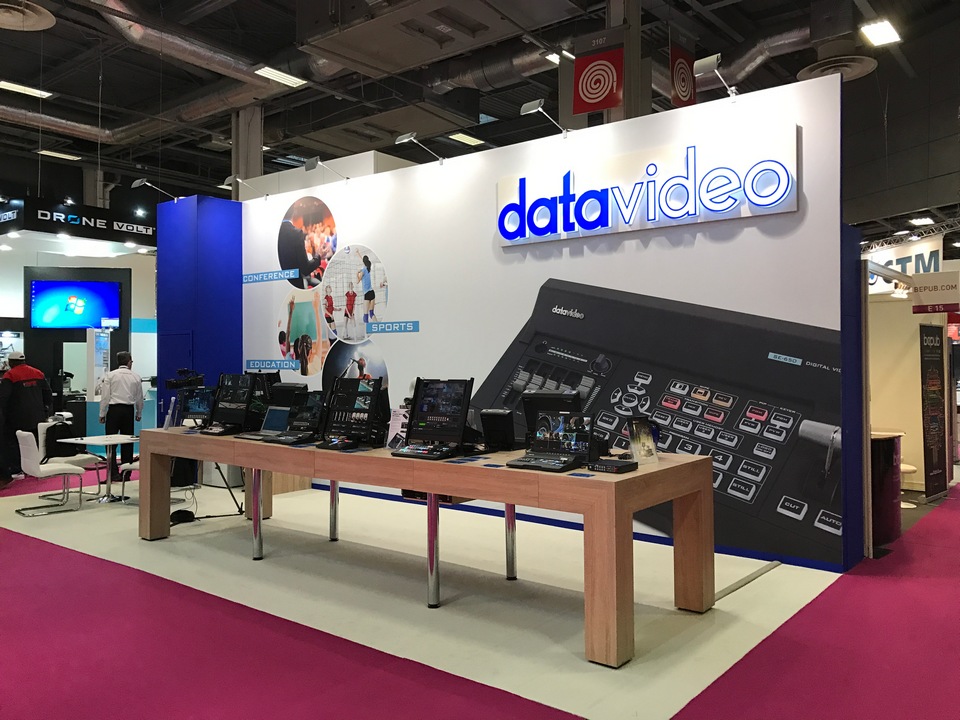
Of course, knowledge is important, but I was naturally drawn to the human side of things rather than purely focusing on the material or technical aspects of electronics. That curiosity about how and when things happen always stayed with me and influenced my approach to work and life.
From Traineeship to Top Sales: A Journey with MGM Video
– How did you end up in this industry? What made you choose to work in this sector?
I think this is one of those situations where life takes a turn for you, rather than you taking a turn on life, isn’t it? My journey started with MGM Video, and it was quite interesting. It began as part of my traineeship. Initially, I had two companies to choose from. One was an IT company, which still exists today, and the other specialized in high-level integration for cranes in the harbors of Rotterdam. However, by coincidence, the crane company went bankrupt, which led me to MGM Video instead.
I think this is one of those situations where life takes a turn for you, rather than you taking a turn on life
At the time, I had no idea what MGM Video was about, but I needed to complete my traineeship, so I ended up there. It turned out to be a team of very nice, hardworking people. The team was very young—the average age was about 26—and they were all vibrant and committed to producing great work. I’d say it was more a case of luck and coincidence than a deliberate choice, but I really enjoyed the company and the people there.
– How long did you work there?
Eight years.
– Why did you leave the company?
I left because there was a management buyout at one point, and the boss made some serious mistakes. I didn’t want to be part of the company anymore after that.
– What was your position in the company?
I was in sales, and out of the 16 salespeople, I was consistently ranked either number one or number two from the day I started.
From AV Sales to Systems Integration: Building Expertise in the Benelux Broadcast Market
– Did you leave the company before finding a new job, or did you secure a new job first?
I found a new job before leaving. It was with a broadcast distributor in Flanders, in the southern part of the Netherlands. They dealt with real broadcast products like Avid, Pinnacle, and similar high-quality equipment.
– Was this new role also in the sales department?
Yes.
– What region did you cover in this role?
The Benelux region—Netherlands, Belgium, and Luxembourg.
– In your first company, was your sales role focused solely on the Netherlands, or did it include the Benelux region as well?
It was focused on the Netherlands.
– What was your main focus or interest in your career at the second company?
Back in those days, I started in AV, but I really had a strong appreciation for high-quality broadcast products. After the management buyout at my first company failed and eventually led to bankruptcy, I became highly interested in technology. That became my motivation—I was driven by the opportunity to find solutions, expand my knowledge, and build connections with people at different levels in the industry.
I was driven by the opportunity to find solutions, expand my knowledge, and build connections with people at different levels in the industry
Later on, the company I worked for had shares in a systems integration group, and the other part of the group was owned by the former public broadcaster in Holland. That’s when I started working for them. I took on roles in sales but also got involved in project management within the systems integration group.
– A salesman in a systems integration group would need to sell not only equipment but also services. How did you handle that?
That was an advantage for me because, by nature, I’m an engineer. I have an electronics degree, so I understand whether systems will work together or not. That technical background gave me a significant edge in systems integration. It was a great combination for working across the Benelux region.
– Those were transformative times in the technology and broadcasting industry. How did you manage to adjust and align with such changes?
When I joined the distributor, they dealt with products like Avid, Pinnacle, and others such as Phillips and Thomson equipment, which were benchmarks for video servers in Europe at the time. In 2000, I encountered a new video server from Omneon Video Networks—it was just a concept on paper when I started.
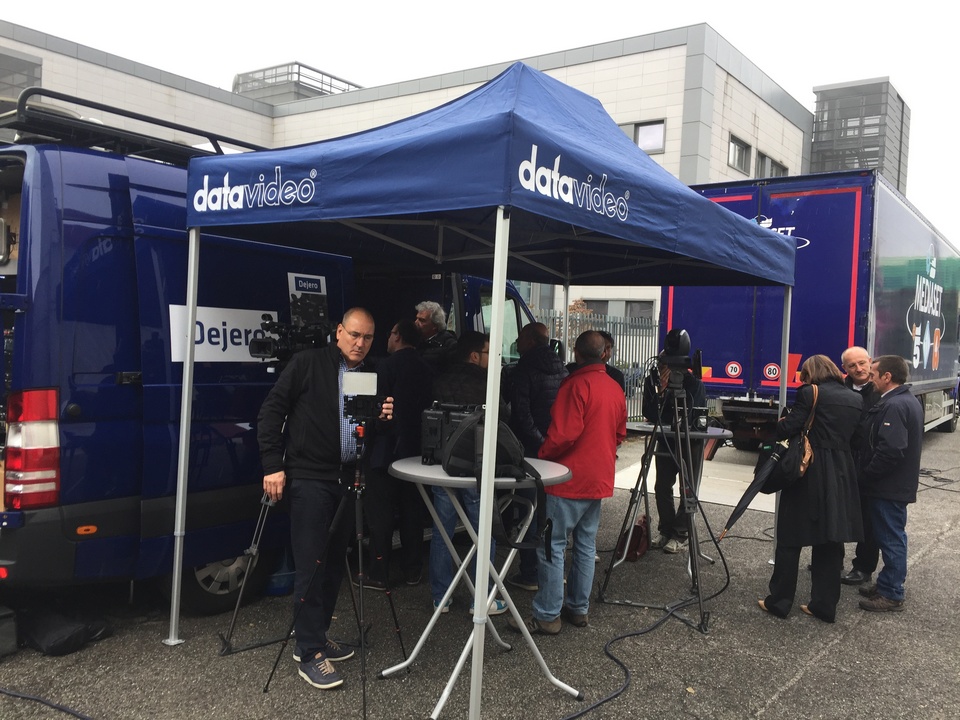
I was very motivated to sell this product, so I got heavily involved. When it finally launched, I was the first to sell Omneon video servers in Europe. My prior knowledge and experience helped me succeed, but the real drive came from my excitement about new technologies. That’s something I’ve always found fascinating in this industry—working with innovations and exciting advancements.
– When did you leave this systems integration group?
I left in 2006.
– How long were you with the group?
It varied by company, but overall, I worked within the group for six years.
– From the way you describe the role, it sounds like you enjoyed it. What led to your decision to leave?
I did enjoy it, but the reason I left was that I wasn’t in charge. I was working in project management and sales, but I disagreed with some of the company’s policies. If I had been in charge, I would have done things differently, so I decided to move on.
From Axon Digital Design to Datavideo: A Journey in Broadcast Leadership
– What came next after you left?
I joined Axon Digital Design, which focused on infrastructure products. Axon has since been acquired by EVS. I worked there for about eight or nine years, initially in sales for the Netherlands. At one point, the company partnered with a router manufacturer that was later acquired by Miranda. This led to a key decision point: Should we bring on a new partner or handle the distribution ourselves? I told the board that if we wanted to be taken seriously by major networks like ABC, CNN, and Fox, we needed to work directly with them, not through a partner. They agreed, and then they asked me to lead the effort.
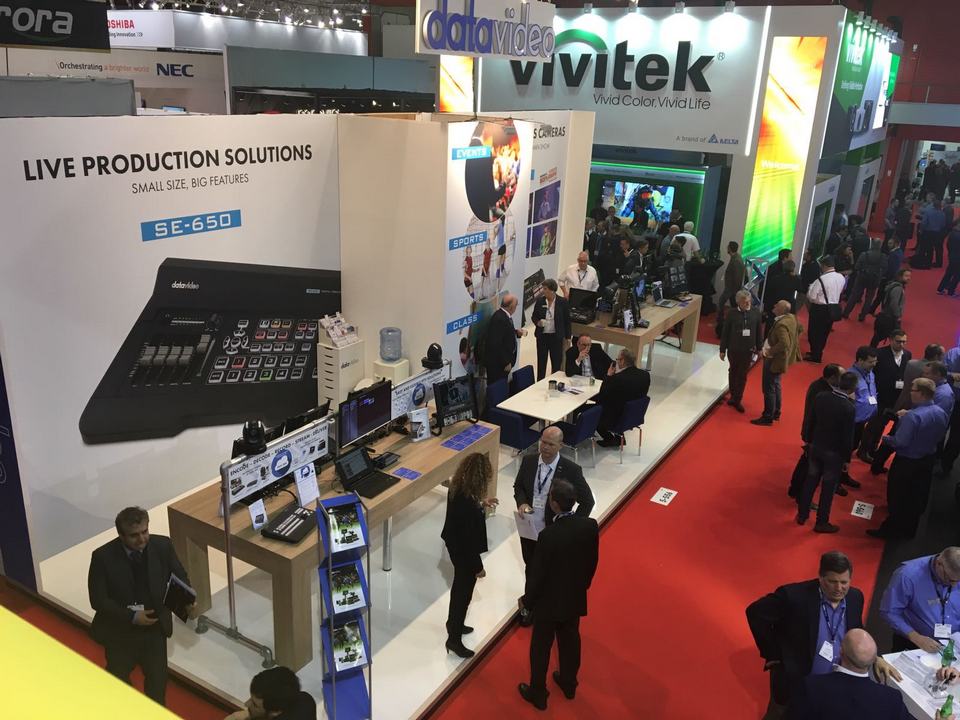
At that time, I had just ended a relationship and was at a point in my life where I felt ready to take on such a challenge. I became the sales director for the Americas. I spent a lot of time in Latin America and the U.S. While we were less successful in the U.S., we achieved significant results in Latin America. Eventually, I brought in Alfredo Cabrera to take over for me—he’s now the head of EVS in the Latin region. After returning to the Netherlands, I still had responsibilities in some countries. I was considering moving into a European role, but the company decided to go in another direction with a new hire. Around this time, at IBC, a friend mentioned that Datavideo was looking for a new CEO. I didn’t speak with them at the event, but later that year, discussions began, and I eventually accepted the position.
Restructuring and Growth: Leadership Journey at Datavideo Europe
– What was your position at Datavideo?
Initially, I was hired to become CEO. However, you can’t step into the role of CEO on day one without a proper plan. So, I started as Sales Director, and after two years, I transitioned into the CEO position.
– What were the main objectives you aimed to achieve as CEO?
The main goals revolved around restructuring and stabilizing the business. Datavideo in Europe is a satellite operation of the headquarters in Taiwan. While it operates independently, it exclusively represents the Datavideo brand. My predecessor, Rob, had built the business but was nearing retirement, which necessitated a leadership transition. One of my first actions as CEO was to establish a robust distribution structure, involving distributors, dealers, and clear processes. Previously, much of the business was handled by small, independent operators who were enthusiastic but lacked a professional distribution model. I saw the need to transition to a more structured and scalable system, which became my initial focus.
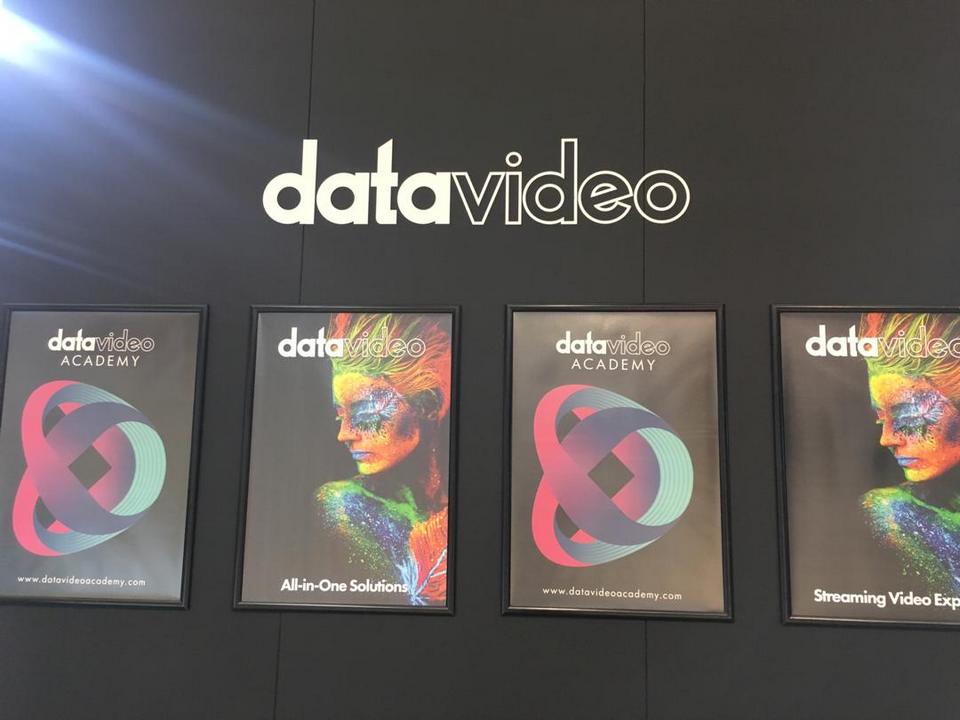
In EMEA, I worked to leave my mark by streamlining operations, consolidating orders, and gaining greater control over specific regions. France, for example, had a company owned by Datavideo. The manager there was underperforming, so we made the difficult decision to fire him and liquidate the company. We still maintain an office in France, staffed by a fantastic business development professional who works closely with our Utrecht office, which also oversees the French operations. Europe is complex; each country is vastly different. My goal was to stabilize turnover, make it more measurable, and ensure consistent growth. This restructuring was successful, and since then, the business has been doing quite well. Of course, the market has evolved, and we’ve had to adapt, but overall, things are running smoothly.
Key Achievements: Embracing Technology and Building Collaborative Industry Relationships
– Your career has been fascinating. What would you say are your key achievements in your professional life?
First and foremost, I really enjoy the friendliness of this industry. It’s a tight-knit community where people are happy to work and collaborate with one another. It’s not a massive industry, so you get to know a lot of people, and you often meet them at events like IBC and other major trade shows. I’ve always felt comfortable in this environment. About a decade ago, I remember talking with friends about how life leads you in unexpected directions. We all wondered whether we should try something entirely different and view life through a new lens. Fast forward 10 years, and all three of us are still in the same industry! I think it’s because we’ve found our comfort zones and truly enjoy the work.
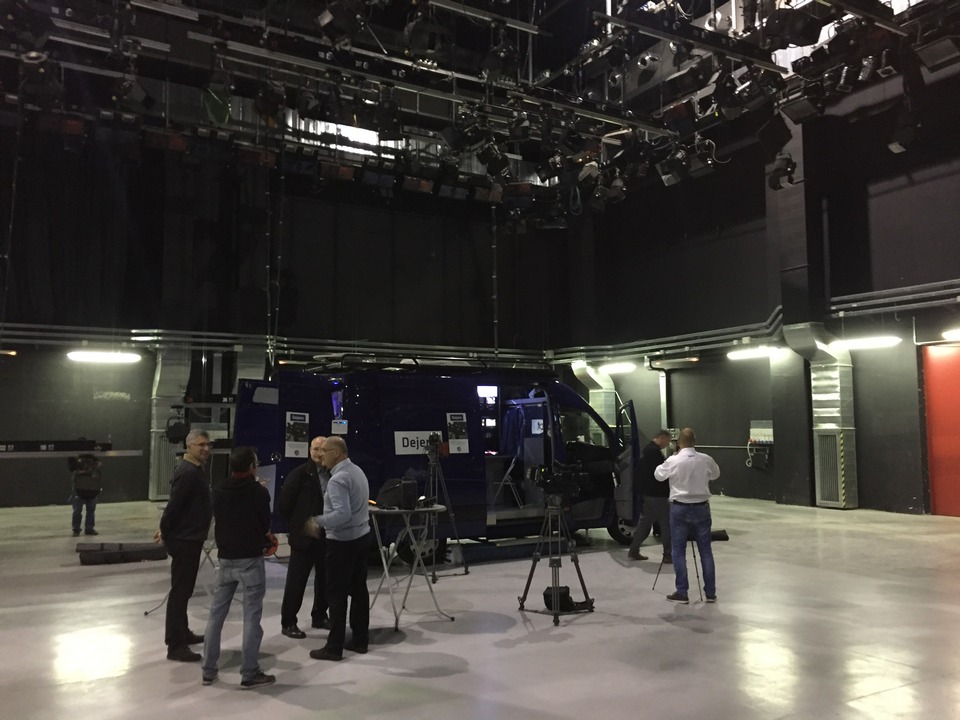
What I’ve loved most is the evolution of technology. I remember selling digital Betacam systems years ago, and it feels like a lifetime ago. Today, the industry revolves around IT infrastructure, switches, and workflows. While it’s less thrilling for me compared to the older technologies, it’s still fascinating to see how far the industry has come. At Datavideo, I own shares and have a great relationship with colleagues in the U.S. and Taiwan. The culture here is unique—we operate with minimal stress and maintain a very professional, business-like approach. There’s no need for unnecessary overwork or constant firefighting. That’s something I truly value about working at Datavideo. Unlike other companies where stress levels are high and employees are constantly overworked, we have a balanced and efficient way of doing things, which I deeply appreciate.
Bridging Cultures: Combining Taiwanese Precision with Western Creativity in Technology Development
– From my experience studying Chinese culture, I’ve observed distinct differences in their approach to creativity, innovation, and business compared to Western cultures. As someone working with a Taiwanese company, have you noticed something similar?
100%, you’re absolutely right. The difference is very clear. When we, as Europeans—Dutch, in particular—start talking about a product, we immediately get into the specifics. For example, we’ll say, “We need a knob here, maybe it should rotate, and it should have different modes.” By the time we’re done discussing all the details, we’ll often decide it’s too complicated and abandon the idea.

In Taiwan, it’s completely different. They are doers, while we are thinkers, and that’s a significant difference. Let me give you an example. We wanted to create a switcher with a single-wire concept. Essentially, using one cable for power, tally, audio, video, and control—something that’s quite feasible with AV-over-IP technology. A colleague of mine in Taiwan was sketching a solution involving a switcher and external converters connected to the cameras. There were three engineers writing notes, but no one said a word. I told him, “No, not like that. You should do it differently.”
The engineers looked at me as if to say, “Are you seriously talking to the boss like that?” But I explained that we should integrate the converters directly into the units to make the design more streamlined and efficient. He responded, “Yes, very good idea,” and the engineers started writing again. That’s very typical of the working culture there—they follow direction precisely and don’t question the hierarchy. Another notable characteristic is their reliance on standard operating procedures (SOPs). In Asia, SOPs are strictly followed, sometimes to an extreme. For example, if a pencil falls off a desk every time, it will keep falling because they won’t adjust the procedure to stop it. They are not permitted to deviate from the SOP.
In Taiwan, they are doers, while we are thinkers, and that’s a significant difference
I recall a specific issue years back when we outsourced backplane production to Malaysia. The SOP instructed them to measure connections between lead A and lead B, as well as the ground connection. However, the instructions didn’t explicitly say to check for shorts between the leads. They followed the SOP exactly, but because that final check wasn’t included, the boards came back faulty. We discovered this after assembling 30 backplanes into an OB van, and fixing it was a nightmare. If you’ve ever seen the hatches and cable setups in an OB van, you’ll know it’s a painstaking process to disassemble and replace components. It was a tough lesson, but it highlights the rigidity of the SOP approach.
That said, this difference in working methods can be used to your advantage. If you understand that they follow instructions precisely and don’t deviate, you can complement that with a more creative and flexible Western approach. By combining both ways of working, you can achieve highly effective solutions, and we often do.
Cultural Differences in Global Business: Challenges and Insights by Region
– What countries did you find particularly challenging to penetrate in sales?
Every country has its unique challenges. Europe, for example, 20 years ago, was very different. In Germany, customers would measure every spec meticulously and be extremely thorough before deciding to buy. In Latin America, they are very meticulous and precise on spec as well. They don’t necessarily need to engineer solutions—they just buy what they need and make it work. In the U.S., I found that business was often driven by ego and money. While that’s not universally true, it was a common trend.
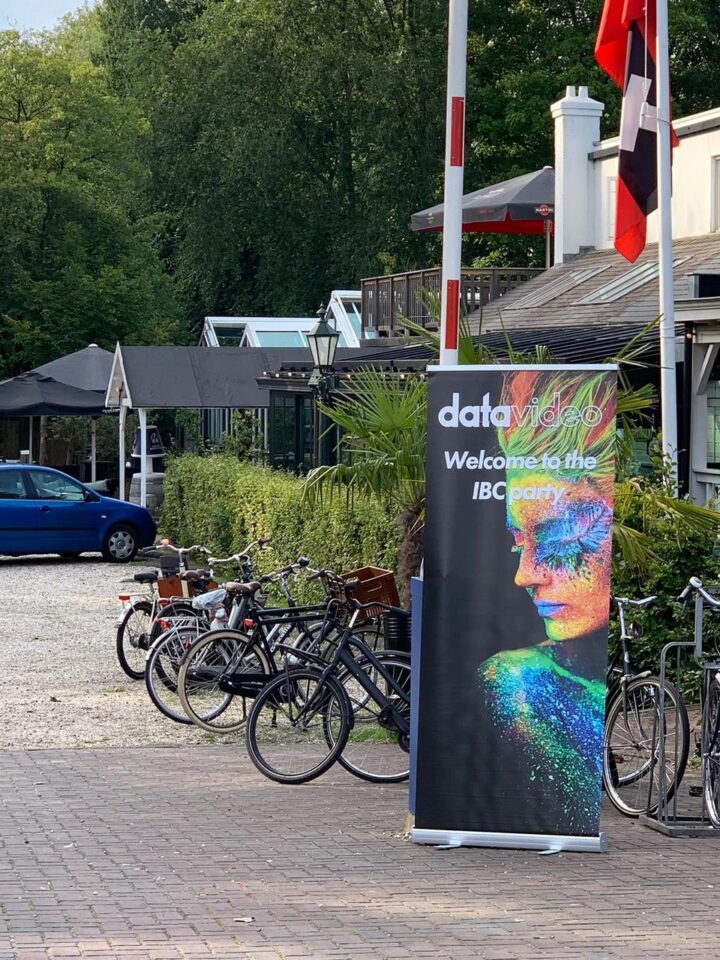
Africa presented challenges because people there tend to be very loyal but insist on direct contact—they don’t trust intermediaries. The Middle East, in some ways, is similar to Latin America. People there are generally friendly, but their loyalty can be situational. I remember occasions where I was speaking with a dealer at a booth, and a “friend” would walk by, greet them, and later try to negotiate a direct deal with me behind their back.
In France, doing business requires a lot of socializing—it’s not about the product; it’s about building personal relationships
In France, doing business requires a lot of socializing. It’s not about the product; it’s about building personal relationships—sometimes that involves a few drinks together. Russia is similar in that respect. Belgium is less open than the Dutch, though they try to keep things formal. Spain feels like an extension of France but has better work ethics, even with siestas. Italians are unique—you don’t tell them what to do; you follow their way of doing business.
German clients are very direct and detail-oriented, but they’re also professional and thorough. In Asia, buyers often prioritize large discounts, even if it means paying more overall.
– It sounds like you have a deep understanding of cultural differences in business relationships.
It’s almost entirely based on experience. You learn as you go.
– How many languages do you speak?
I speak English, Dutch, and German. My English is actually better than my Dutch. I also understand a fair amount of Spanish.
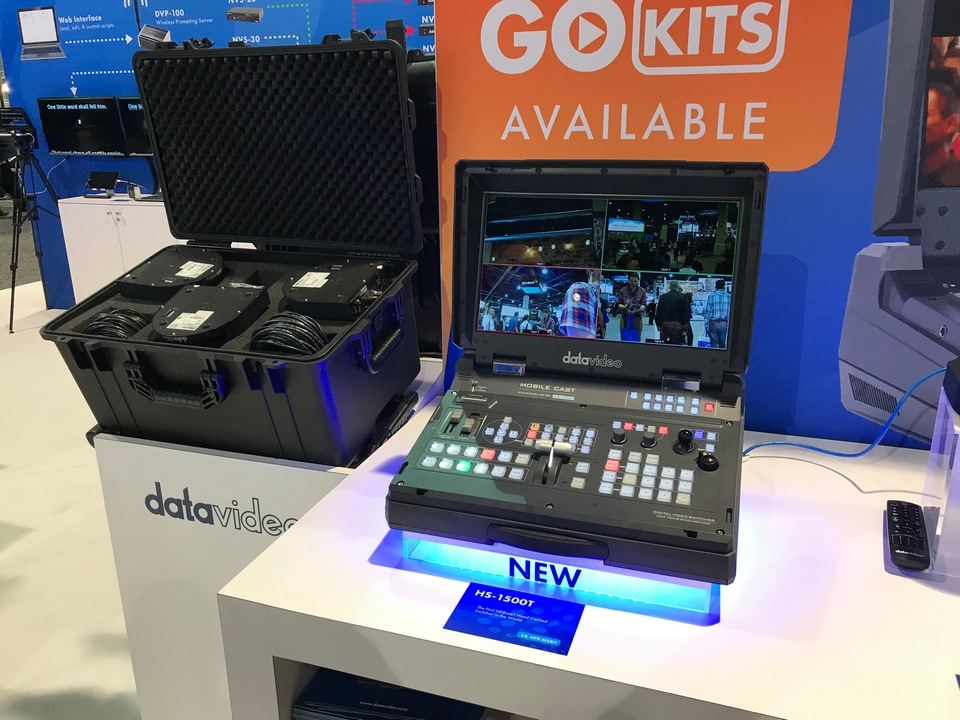
– What does a typical day in your life look like outside of work?
I have a Domotica in my house, and I enjoy tinkering with it. I also like writing software, especially Visual Basic. What started as a hobby has often benefited my professional life.
I enjoy working with computers, spending time with my cars, and maintaining my house and garden. I also love hanging out with friends, socializing, or taking long walks in the forest to clear my mind. Sometimes, I’ll have lunch or drinks at a terras. After all the traveling I do, I really value the chance to stay home whenever I can.
– Many people in the Netherlands own boats. Do you have one?
No. In Holland, we have a saying that doesn’t translate perfectly into other languages, but it means, “If you buy a boat, you’ll work yourself to death.”
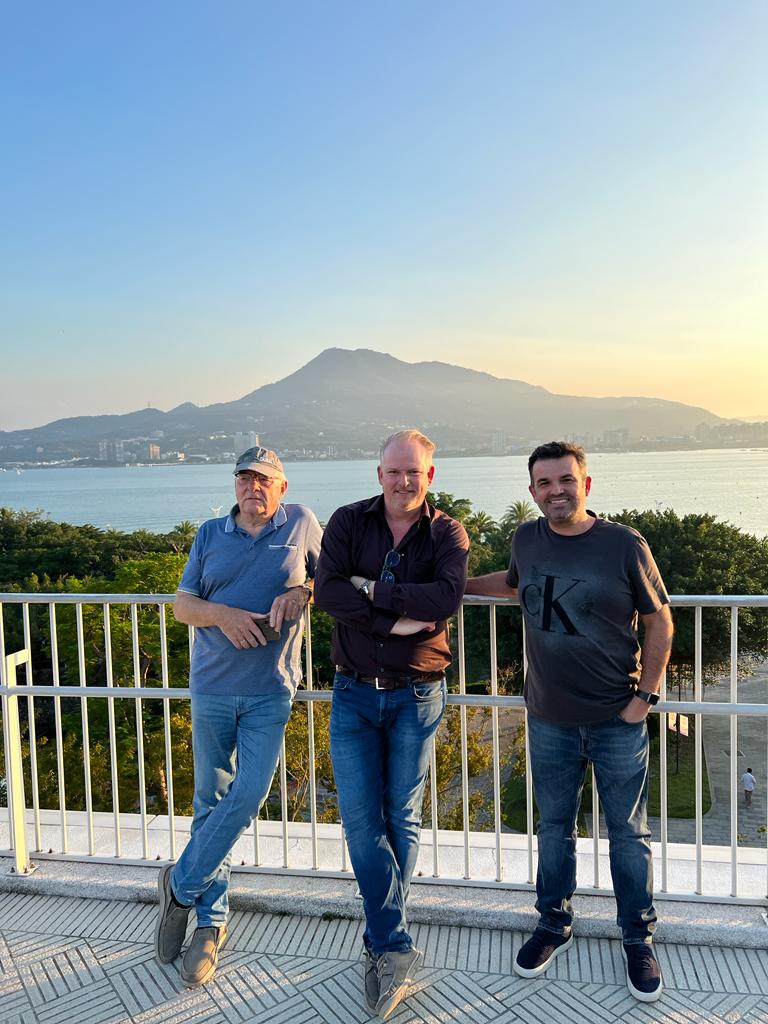
– Earlier, you mentioned your girlfriend. Do you have a family?
I don’t have a family, but I do have a girlfriend. She’s Mexican and also works in this industry. I actually met her through her father, who I was doing business with in Latin America.
We’re trying to be together, but immigration issues have been a hurdle. She’s in the process of becoming naturalized in Holland, which should be finalized next month.
– Thank you, Johan. It was a pleasure speaking with you!
The pleasure was mine. I enjoyed being interviewed!
Johan Lieffers, Datavideo: All our new technologies are available and ready to use


